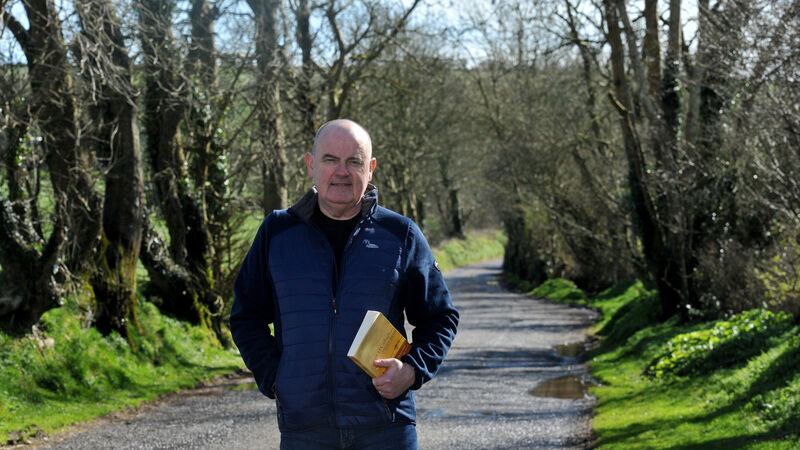'One day at a time': Gareth O'Callaghan on life, love and a terminal diagnosis

Gareth O'Callaghan was diagnosed with MSA in 2018. The disease is incurable, unstoppable, progressive... and terminal.
"I haven't seen you looking so well in ages." It's the sort of compliment that makes most people feel relatively good about themselves. Glowing words, often unexpected; an observation that you are clearly in a good space in your life and you appear in strong rude health. It's a compliment I've received in recent times from friends and acquaintances whom I haven't seen in months, possibly even years.
I always react by saying thank you. I quickly remind myself that kind words deserve a gracious reply. To be told you're looking so well and unscathed, when you've just celebrated your 60th birthday, is indeed a compliment in these modern times. My reaction, naturally, is one of gratitude.








